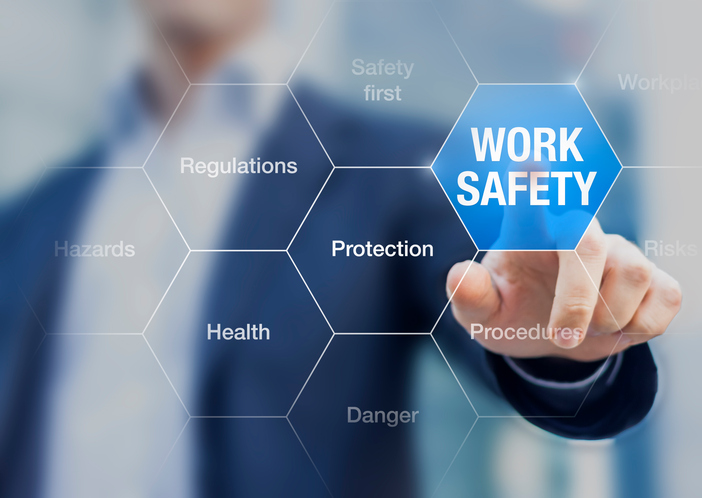Do you remember when the various Australian states’ occupational health and safety laws came into practice?
For the first time, the obligation was placed on everyone in management, as well as board directors, to be responsible for the “health, safety, welfare and psychological well-being [for NSW legislation] of all persons working at a workplace".

Management went into meltdown, proffering every reason why they should not and could not be held accountable for accidents and injuries at workplaces. OHS morphed into OHS&R (adding rehabilitation) and then to WHS and introduced obligations on PCBUs (persons conducting a business or undertaking). As the rise of dedicated WHS and safety officers peaked and then subsided, sound WHS policies, practices, accountability and most importantly, culture have become the norm for contemporary business today. The fear that existed has been replaced with improved knowledge and a shared commitment and responsibility towards safety whereby safe work practices are now embedded as an accepted part of a much improved work environment.
Nevertheless, if management cannot demonstrate that it has implemented positive action toward establishing and maintaining a safe place of work, then the consequences follow – and they can be severe.
This quick refresher relating to WHS, is now the model for updated Heavy Vehicle National Law new Commonwealth legislation on and Chain of Responsibility (COR) for the fleet sector. These new laws will come into effect mid this year (2018).
Almost every business, and most certainly every local government fleet manager, operations manager, others involved in the transport task and their GM/CEO will be impacted.
Basically, if you are involved in consigning, packing, loading, or receiving goods as part of normal business operations, you could be held legally liable for breaches of the Heavy Vehicle National Law (NHVL) – even though you may have no direct role in driving or operating a heavy vehicle. This extends to corporate entities, directors, partners, and managers – each being held accountable for the actions of people under their control.
See the parallel with the WHS legislation? This is how the new Chain of Responsibility will impact you.
“The aim of COR is to make sure everyone in the supply chain shares equal responsibility for ensuring breaches of the HVNL do not occur. Under COR laws if you are named as a party in the chain of responsibility and you exercise (or have the capability of exercising) control or influence over any transport task, you have a responsibility to ensure the HVNL is complied with.
The law recognises that multiple parties may be responsible for offences committed by the drivers and operators of heavy vehicles. A person may be a party in the supply chain in more than one way. For example, they may have duties as the ‘employer,’ the ‘operator’ and the ‘consigner of goods’.
Naturally there is great deal more to the new legislation and this will be discussed further at the IPWEA Australasia Fleet Conference on the Gold Coast next week. This is a complex area, and one which from our interaction with the heavy fleet sector, is not being fully understood or embraced.
You cannot risk not knowing and fully understanding this new legislation. Just like the WHS changes, the COR is going to require a whole of business cultural change. GMs, Directors and CEOs cannot abrogate their responsibilities by delegating down in the vain hope of removing themselves from any potential liability. That tactic just doesn’t work anymore – and definitely won’t work under the new CoR.
If you want – or need to – know more, register to attend the
IPWEA Australasian Fleet Conference, 19–21 March at Royal Pines, Gold Coast.
Robert Fuller CEO, IPWEA